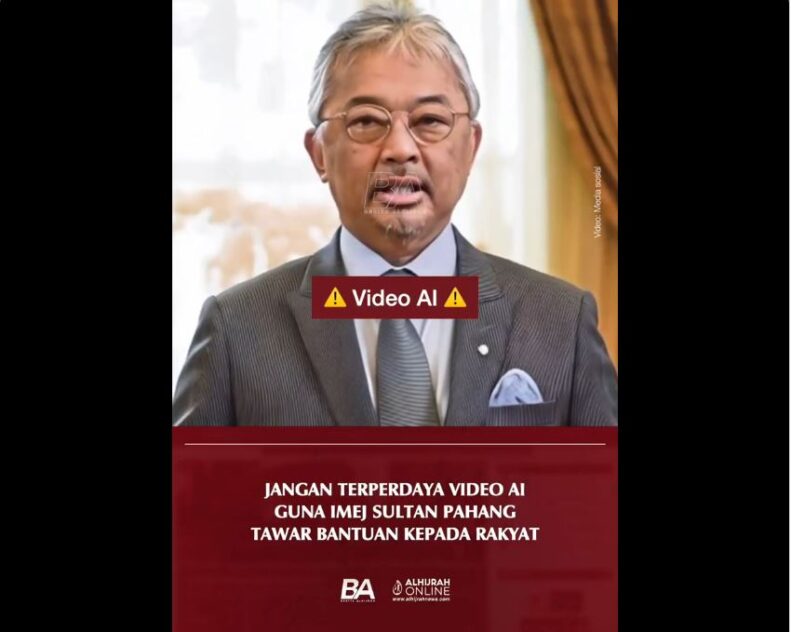Letter to Editor
COME Oct 1, retailers across Malaysia will be required to hide all tobacco products from public view—a move delayed from the original April 1 start date.
While framed as a public health initiative, the display ban deserves closer scrutiny. Having lived in Bangkok for over 20 years, I’ve seen how similar efforts can backfire.
Thailand introduced one of the world’s earliest bans on the display of tobacco products back in 2005. Yet nearly two decades on, the country is still grappling with a thriving black market for cigarettes and a growing appetite for alternative nicotine products like disposable vapes.
The policy may have reduced visibility, but it failed to reduce demand—and in some cases, pushed it underground.
A recent article in The Economist titled “How harmful are electronic cigarettes?” offers a timely counterpoint. While acknowledging the risks of vaping, the article also highlights credible studies showing that it is significantly less harmful than smoking.
Unlike cigarettes, vapes deliver no tar or carbon monoxide, and have even been shown to help smokers quit more effectively than patches or gums.
As a harm reduction tool, vaping could serve as a bridge for smokers trying to quit—a nuance often missing from blanket regulations.
Malaysia’s approach appears to prioritise prohibition over pragmatism. A sweeping ban on displays may limit consumer choice, penalise legitimate businesses, and send smokers searching for unregulated alternatives.
Worse still, it risks creating a slippery slope—if tobacco displays are banned today, what stops future curbs on alcohol, sugary snacks, or other legal products deemed “undesirable”?
Instead of hiding products from view, regulators should shine a light on smarter strategies: tighter enforcement against illicit sales, better consumer education, and a regulated space for harm-reduction tools like vaping. These steps would do more to protect public health than a display ban that looks good on paper but falters in practice.
In light of these concerns, Malaysia should reconsider its approach. Learning from Thailand’s mixed results and the promising evidence supporting vaping as a smoking cessation tool, regulators must strike a balance between protecting public health and preserving the freedoms vital to a dynamic business environment.
The challenge lies not in prohibiting products outright but in crafting a regulatory framework that fosters safety, innovation, and consumer trust.
Steven Lee
Bangkok, Thailand
The views expressed are solely of the author and do not necessarily reflect those of Focus Malaysia.
Main image: Expose Tobacco









